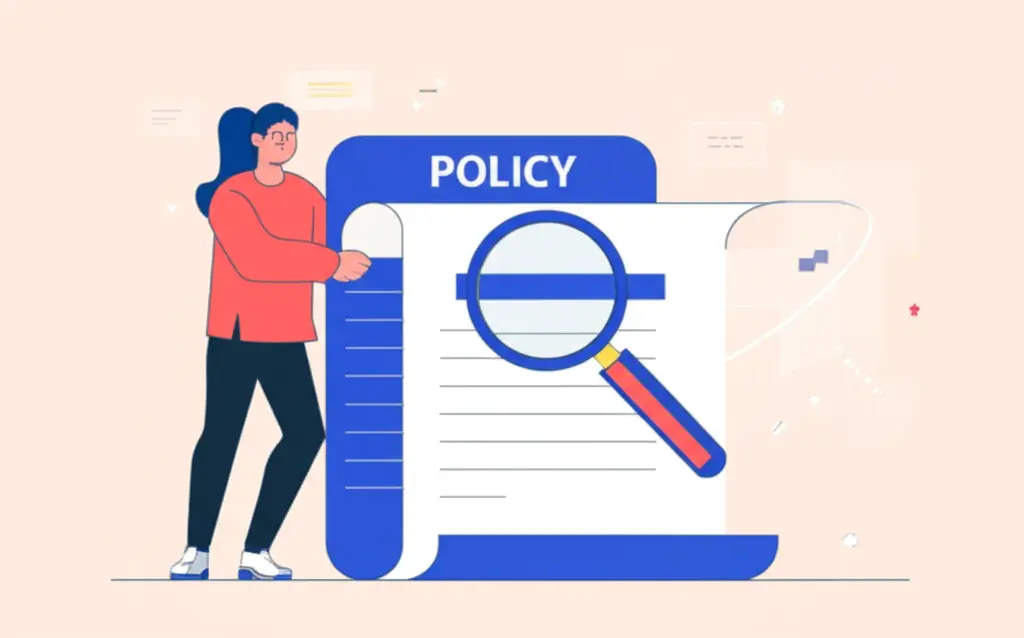Navigating Insurance Claims: Practical Tips for a Smooth Process
Get smart tips for navigating insurance claims easily.

Have you ever felt like navigating insurance claims is like venturing through an unfamiliar maze? You're not alone. I've been there, and I've picked up a few tips that turn this daunting task into something surprisingly manageable.
Understanding Your Policy: The First Step
Before you even think about filing a claim, it’s crucial to get intimately familiar with your insurance policy. I like to think of it as reading a mystery novel with a magnifying glass—every detail matters.

Understanding the type of coverage you have can spare you from potential headaches down the road. Are you aware of your deductible amount, or the specific conditions covered? Knowing these things puts you a step ahead when discussing claims with your insurance provider.
Document Everything: Photos, Receipts, and More
Think of your policy as a guidebook to treasure, and documentation as the key. When something goes wrong—you know, the roof leaks or a fender-bender happens—it’s essential to document the scene comprehensively.
- Take plenty of photos.
- Keep receipts for any repairs.
- Secure witness statements if possible.
The more information you have, the smoother the claims process will be.
Communicating with Your Insurance Adjuster
Your insurance adjuster is like your navigator through this process. Rather than viewing them as adversaries, think of them as allies helping you find the right path.

Here are some tips for productive communication:
- Be clear and concise in your communications.
- Honesty is the best policy—being upfront can prevent delays.
- Don’t hesitate to ask questions if something is unclear.
Having a good rapport with your adjuster can make all the difference in expediting your claim.
Follow Up and Keep Records
Remember, the squeaky wheel gets the grease. Following up on your claim shows that you’re proactive and serious about getting it resolved.
Keep records of all your interactions, such as calls, emails, and any correspondence. This paper trail can be invaluable if things hit a snag.
Lessons Learned: Reflect and Revise
Once the dust settles and your claim wraps up, take a moment to consider what you learned. Was there anything you wish you knew beforehand? This reflection can guide your future interactions and perhaps even inform your next policy choice.

Lastly, don’t be shy about revisiting your coverage and making adjustments. What worked for you five years ago might not be the best fit now.
Do you have any insurance claim experiences or tips you’d like to share? I’d love to hear your thoughts!




